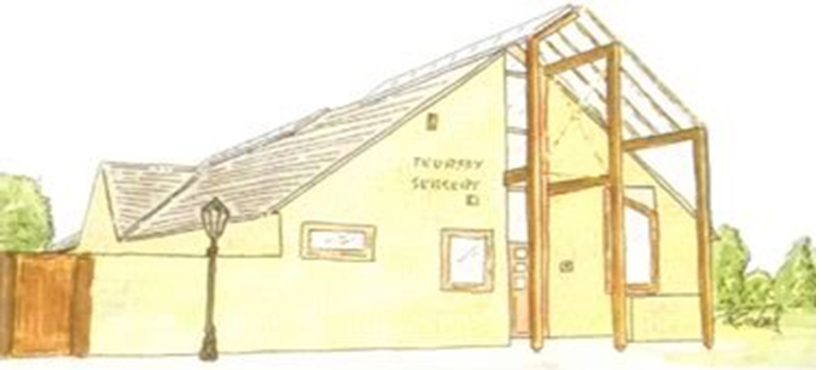Piles (Haemorrhoids)
Piles (Haemorrhoids) are lumps are found inside and around your bottom (anus)
They will usually get better on their own after a few days.
There are several ways to treat and prevent piles occuring.
How do I know if it is piles?
Common symptoms of piles are;
- Lumps around the anus
- Pain or itching around the anus area
- Bright red blood after you poo
- You still feel you need to poo after you have just been to the bathroon
- Slimy mucus in your underwear or on the toilet paper after you wipe your bottom
How to treat/prevent piles
Do
- Drink plenty of fluids and eat plenty of fibre to keep your poo soft
- Take a warm bath to ease the itching and pain
- Use an ice pack wrapped in a towel on the area to ease any discomfort
- Take paracetamol to ease any pain
- Wipe your bottom with damp toilet paper
- Keep your bottom clean and dry
- Take regular exercise
- Cut down on alcohol and caffeine (Such as coffee, tea and fizzy drinks) to avoid constipation
Don't
- Wipe your bottom too hard after you poo
- Ignore the urge to poo
- Push too hard when pooing
- Take painkillers that include Codeine, as they cause constipation (These include co-codamol and Solfadol)
- Take ibuprofen if your piles are bleeding
- Spend more time than you need to on the toilet
A Pharmacist can help with treatment
Pharmacists can suggest/supply;
- Creams to ease the pain, itching and swelling of piles
- Cold packs to ease discomfort
- Treatment to soften poo and help constipation
Seek advice from a GP if;
- There is no improvement after at least 7 days of treatment at home or from the pharmacy
- You regularly get piles
Talk to your doctor about the best treatment for you
Treatment at home or from a GP does not guarantee the piles will not return
The GP may refer you on to the hospital for further treatment
For information regarding hospital treatments for piles click here
You should go to Urgent Care or A&E if;
- You are bleeding non-stop
- There is a lot of blood (For example if the toilet water turns red or you see large clots of blood)
- You are in severe pain
What do we mean by severe pain?
- Pain is always there, it's hard to think or talk
- You cannot sleep
- It's hard to move, get out of bed, go to the bathroom, wash or dress
We use cookies to help provide you with the best possible online experience.
By using this site, you agree that we may store and access cookies on your device. Cookie policy.
Cookie settings.
Functional Cookies
Functional Cookies are enabled by default at all times so that we can save your preferences for cookie settings and ensure site works and delivers best experience.
3rd Party Cookies
This website uses Google Analytics to collect anonymous information such as the number of visitors to the site, and the most popular pages.
Keeping this cookie enabled helps us to improve our website.

